

871ef118-c443-4ec0-8ff7-978d22a10fe9.jpg)
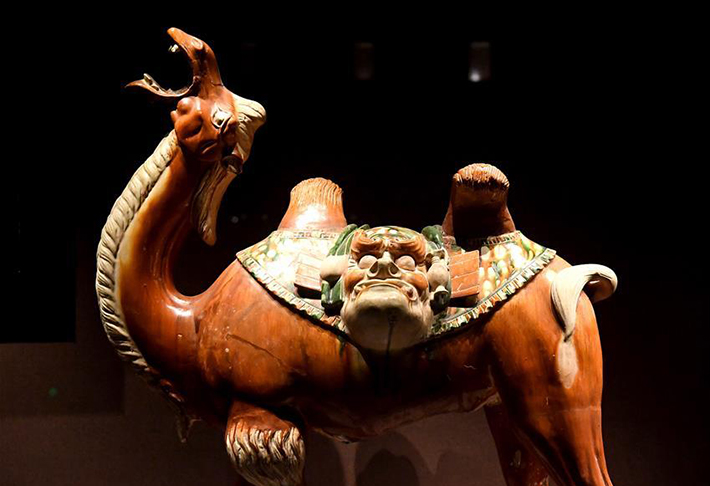
Around 4,000 km apart, Luoyang and Bukhara were inextricably linked in the past, and now, their bond is being renewed.
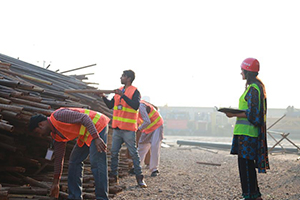
Women's rights activists are hopeful that the China-Pakistan Economic Corridor will not only be a game changer for Pakistan's economy, but provide bonanzas for educated women as well as female laborers where they could tap into their talents.
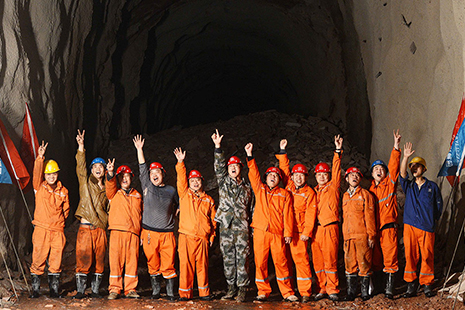
Proposed by China in 2013 to promote common growth and shared benefits, the BRI involves infrastructure development, trade and investment facilitation and people-to-people exchanges that aim to improve connectivity on a trans-continental scale.
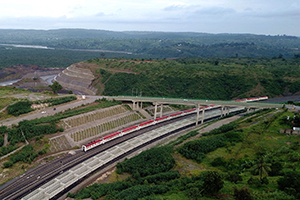
After six years of development, the Belt and Road Initiative has grown into one of the most promising platforms for international cooperation, with solid progress and a shifting focus on high-quality development.
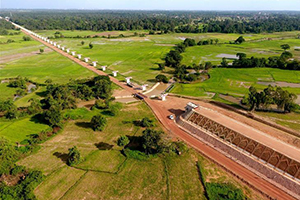
Under the Belt and Road Initiative, China has not only helped others develop their economy and improved the livelihood of their people, but also offered a platform where all countries can work together for common prosperity.
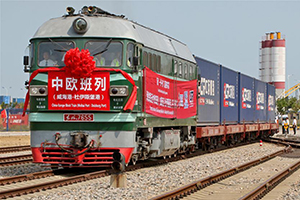
Located in the Ruhr industrial area, Duisburg is the world's largest inland port and a hub for transportation in west Europe. As the city has become a key terminal of the freight trains from and to China, changes are taking place.
6d1441e2-4212-4053-ad91-d9a6af49c55c.jpg)
Almost six years after Chinese President Xi Jinping proposed the Belt and Road Initiative (BRI), the grand vision for promoting common development through better connectivity among countries and regions has been morphing into a solution for speeding up global cooperation for greater prosperity.
b229a8bd-2ee4-4646-91b3-27f165116086.jpg)
The Belt and Road Initiative (BRI), proposed by China in 2013, aims to build a trade and infrastructure network connecting Asia with Europe, Africa and beyond.

